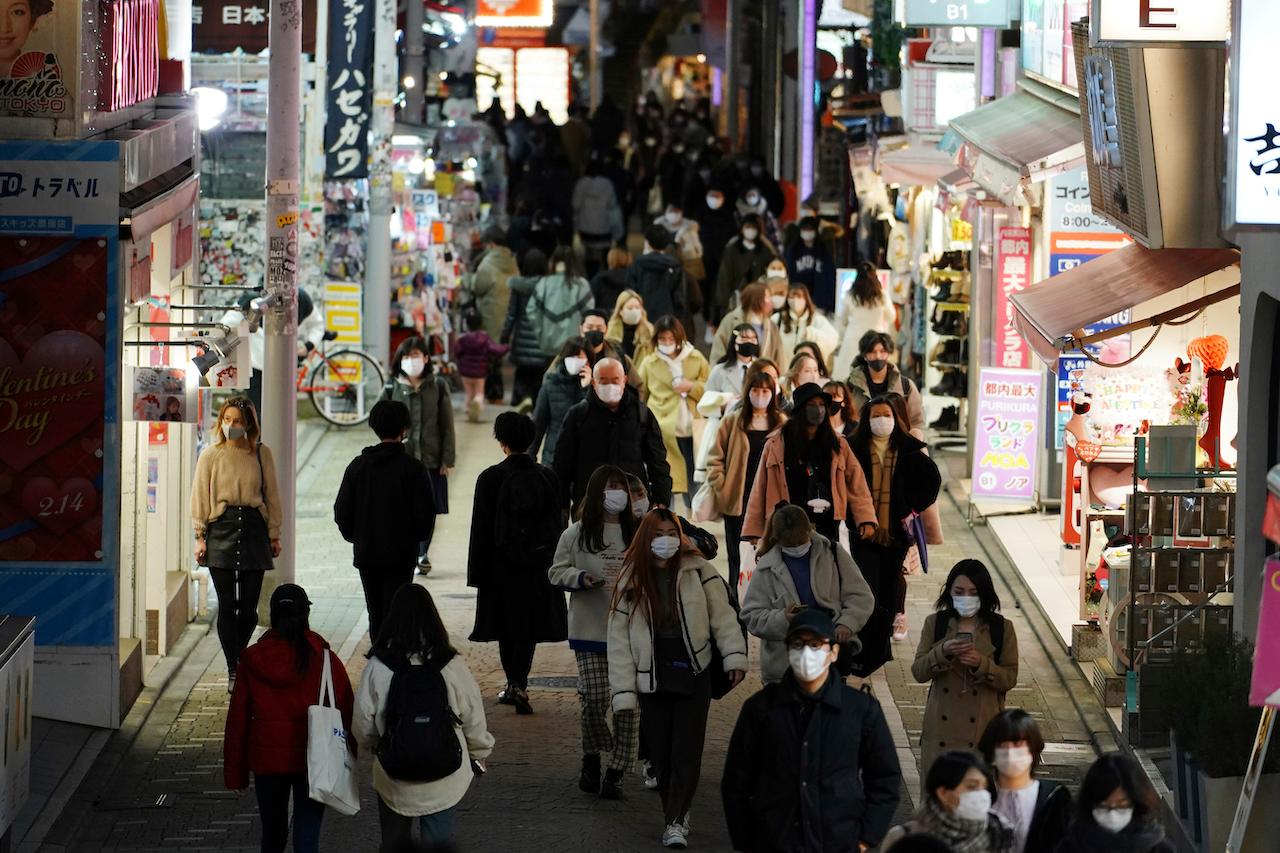Japan turns to cuddly toys to boost Lunar New Year sales without Chinese tourists
Japan is feeling the loss of Chinese tourists who normally come to stock up on expensive gifts for Chinese New Year.
Just In
Japan’s cuddly bear character Rilakkumma, who has captured the hearts of children and adults alike with his laidback demeanour, holds pride of place on the shelves of swanky department stores in Tokyo, supported by Hello Kitty and other plush toys.
The Lunar New Year began on Friday and these toys are taking the place of home appliances from rice cookers to electric toilet seats normally favoured by Chinese tourists who are absent this year because of Covid-19 restrictions.
“Due to the current travel bans, it’s impossible for them to come to Japan,” said Jin Xuezhu, of the Laox duty-free retail chain, which runs a store in Tokyo’s Akihabara district.
The Chinese have accounted for 90% of the chain’s customers since 2014, Jin said, adding, “So the absence of that 90% is having a huge impact on our business.”
The sharp contraction in global tourism brought by the pandemic has forced the chain to shutter half of its 24 stores last year to cut costs and restore cash flow.
Now it is refurbishing its image, adding friendly touches to lure domestic customers.
“We have put out many hobby and toy goods that are unique to Akihabara,” Jin said. “Before we were branded as a duty-free shop, but last year we renovated our stores so that Japanese customers can also feel welcome.”
Laox has not forgotten its clientele in China, hosting live broadcasts from Tokyo since last autumn on Chinese e-commerce platforms, such as those of electronic giant Suning and messaging app Wechat.
“We have great expectations for online shopping through livestreams,” said Cui Wenzhe, the manager of the chain’s live commerce section.
The chain hosted 350 such broadcasts last year and expects even better numbers during the Lunar New Year holiday, he added.
“We’re also looking forward to more sales events for Valentine’s Day.”
Laox declined to provide details of the hit to current Lunar New Year sales, but acknowledged the pandemic’s “huge impact” on its business.
Although Japan has not suffered virus outbreaks on the scale of other major economies, such as Britain and the US, it has just extended by another month its state of emergency in Tokyo and other regions.
The continued travel ban, particularly the absence of holidaying Chinese for a second successive year, is expected to hurt Tokyo retailers further.
Subscribe to our newsletter
To be updated with all the latest news and analyses daily.
